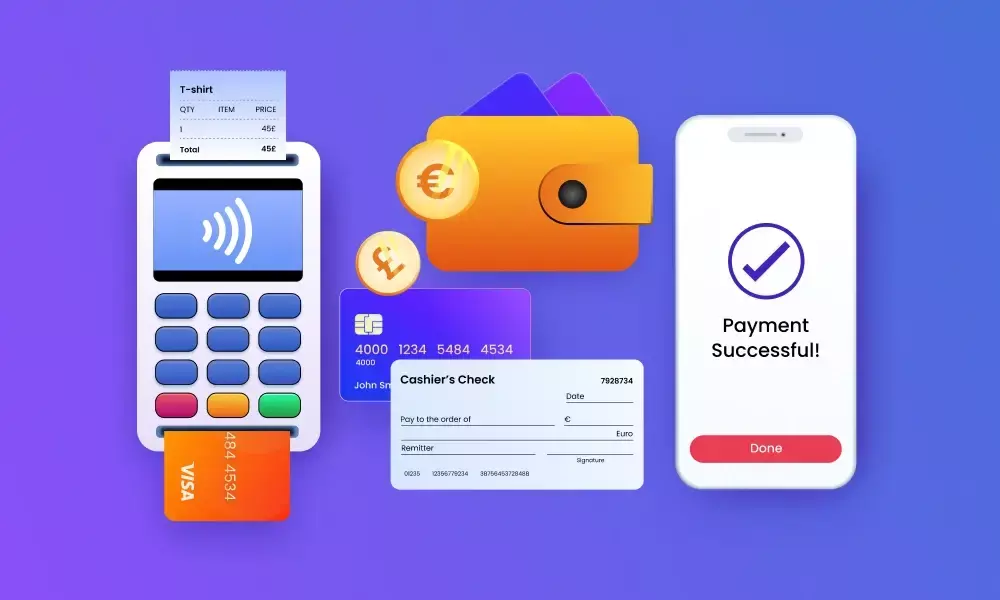In today’s world, it seems that humanity is trying its hardest to make sure that nothing is provided for free. They might find a way to start charging for oxygen too. Nothing gets cheaper either, at least as a general rule. It is therefore normal for most of us to develop a cynical view of what may be offered to us.
However, this is not always the case, and it’s important to keep an eye out for opportunities to lower or eliminate costs, especially when it comes to personal finance and banking.
One particular option available to us, that many people may not be aware of, is the Individual Savings Account, or ISA. An ISA is a type of savings account in which you can be exempted from paying taxes on money gained through interest or capital gains. Currently the limit on tax-free earnings in such an account is £20,000 per tax year (although that is likely to change in the future).
An ISA can be opened by anyone of age, and is an opportunity that is unreasonable to skip for anyone at any level of investing. Traders and Investors know how important it is to minimise costs, even with seemingly marginal amounts, as these have an exponential potential over time to affect profits. If marginal costs are crucial for a positive bottom line, one cannot argue against the tremendous benefit of being able to avoid taxes completely on thousands of pounds.
There are multiple types of ISAs out there though, such as a cash ISA, lifetime ISA, and one particularly engaging type, the stocks and shares ISA.
Stocks and Shares ISA Explained
As we’ve mentioned before, an ISA is an account in which you are free from the burden of taxes up to a certain amount, which at the moment is £20,000. Meaning any gains meant from the interest on the savings, to actions involving financial instruments through the account, will not be taxed.
With a stocks and shares ISA, you are able to bank and invest directly through the account, which functions both as a traditional bank and an online broker, all in one.
Depending on whom you open the account with, it may include other features that may be of great use and value to you, such as transferring funds to other accounts, favourable currency exchanges, and other banking features.
In terms of trading and investing, that means you will use the bank the same way you will use an online broker, which means that you will have to make sure that you will be satisfied with not only the fees and costs of managing the account, but also the trading platform offered, as well as a well-designed app and website, and a helpful customer assistance service available whenever you need it.
Getting Started
Opening an ISA can be quick, easy, painless, and risk free. If possible, schedule a demo with your bank of choice. There you will be introduced to all the features of the account, details that you will need to know, aspects you will need to learn about, as well as have any questions and curiosities addressed in real time. It’s a convenient way to get the information you need without losing time searching for it. If and when you wish to open the account, it can also be done quickly.
Usually all you need is a photo ID, your mobile phone, a UK address, and a TIN number. After that it’s all about what you do with the account and how you use it. Even if you intend to start trading in small steps, an ISA is the best way to go about it simply for the sums you save on taxes.
Time flies for better and worse, and before you know it, your small investments will grow and develop into precious capital that will make all the difference in the world in times of both need and want.











Comments